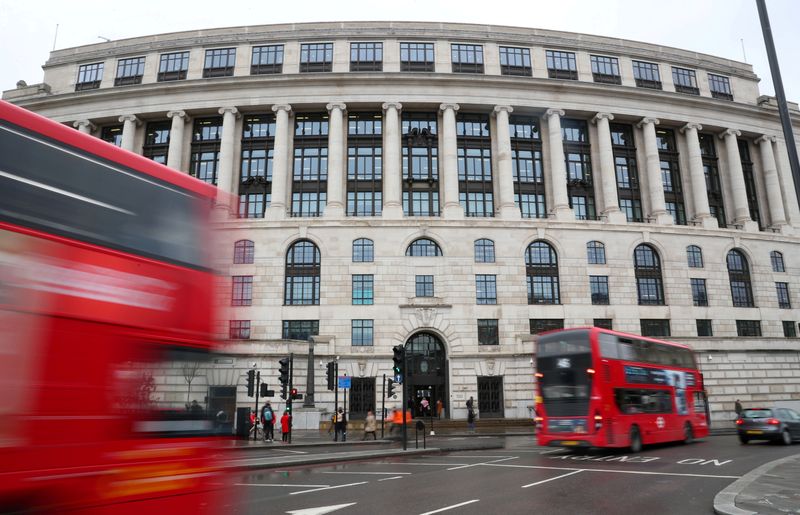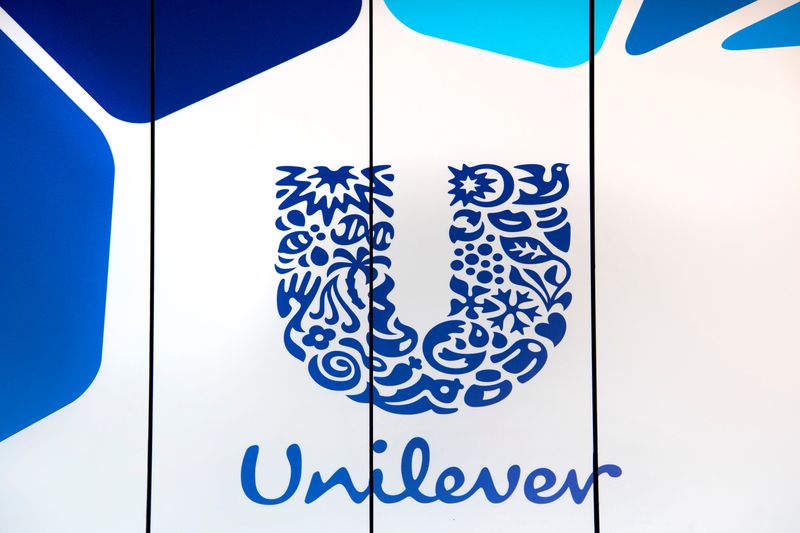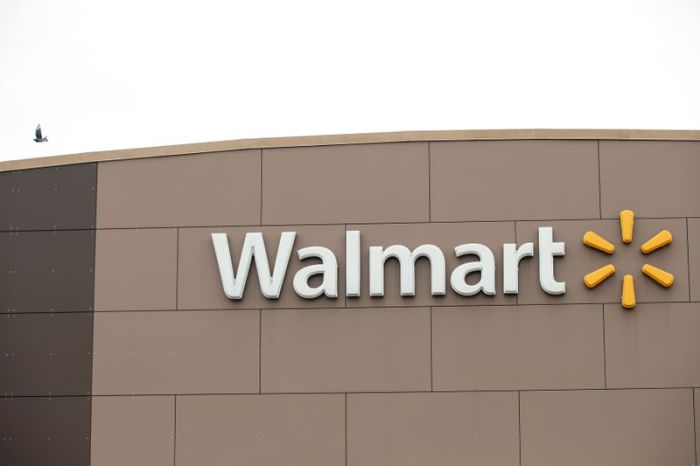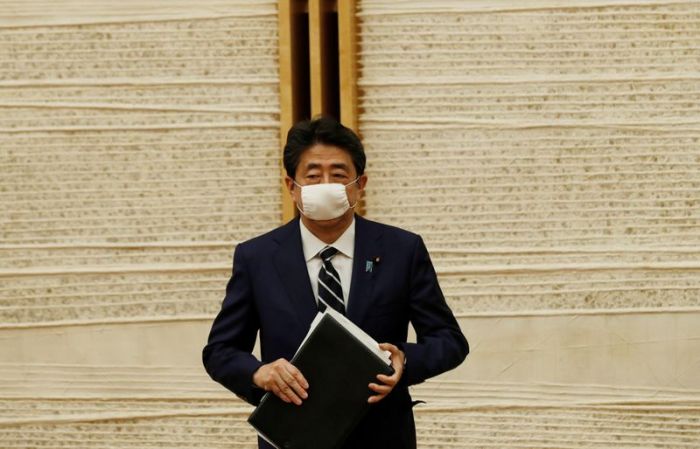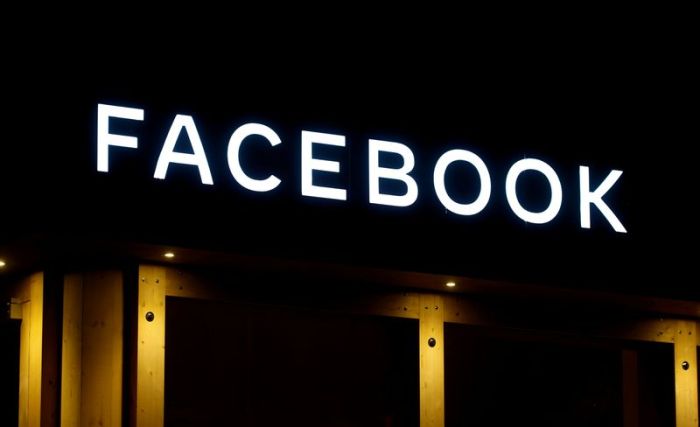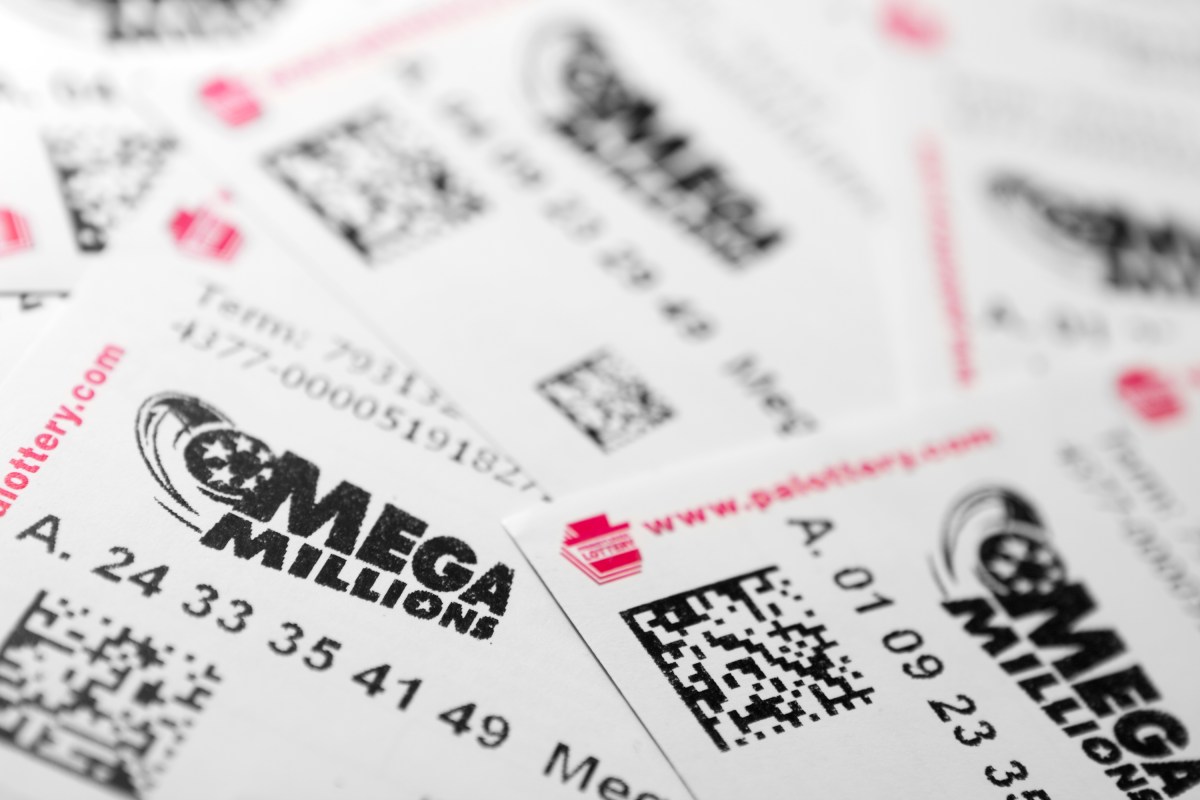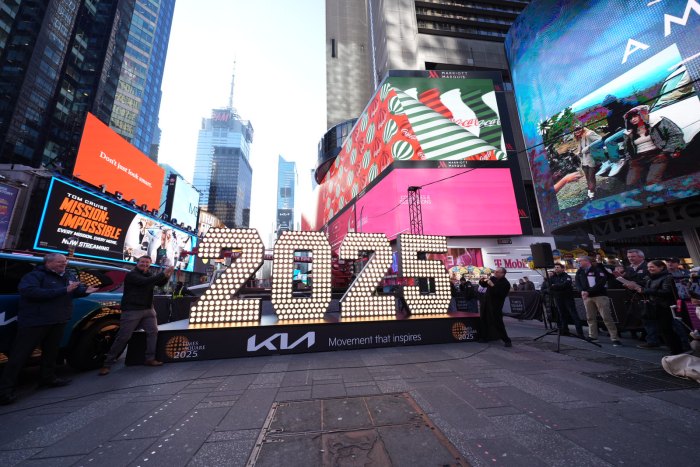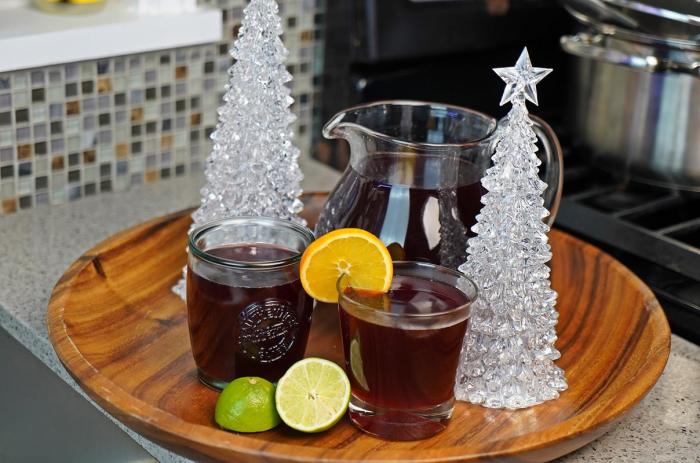(Reuters) – Unilever proposed on Thursday to ditch its dual Anglo-Dutch legal structure and create a single company in Britain to give it more flexibility for mergers and acquisitions as the coronavirus pandemic overwhelms businesses worldwide.
The maker of Dove soap and Hellmann’s mayonnaise announced the plan almost two years after shareholders torpedoed its proposal to end the dual structure in place since 1930 by shifting its headquarters to the Netherlands from London.
“This post-COVID world is going to be a dynamic environment … with opportunities for Unilever to create value for shareholders,” Chief Executive Alan Jope told reporters.
Unilever’s 2018 proposal was ultimately dropped in the face of a revolt by shareholders in Britain. The company has since replaced its Dutch chairman and chief executive.
In 2018, Unilever was still reeling from an unexpected $143 billion takeover approach from Kraft Heinz <KHC.O> and Britain’s exit strategy from the European Union was being negotiated.
The new plan is the “best tactical option”, Unilever’s Danish Chairman Nils Andersen told reporters.
Unilever, the world’s second biggest packaged food company behind Nestle <NESN.S>, said the proposal was the result of an 18-month review and was accelerated partly by a decision to demerge its tea business, a review of which is still underway.
The unification would be achieved through a cross-border merger, with shareholders of Dutch Unilever NV <UNA.AS> getting one share of British Unilever Plc <ULVR.L> for each share held.
Half of the Dutch shareholders and 75% of the British shareholders will need to approve the plan for it to proceed.
“It makes sense for the company to have as flexible an operational structure as possible, and this appears to achieve it without any obvious downside,” Steve Clayton, UK fund manager of the Hargreaves Lansdown Select Fund range, which owns Unilever shares.
DUTCH REGRET
Unilever’s revenue is under pressure from slowing emerging markets, North American competition and the COVID-19 pandemic, which has hurt outdoor ice cream sales.
Barclays analyst Warren Ackerman said Unilever could be vulnerable to activist investors, given its recent sales performance and valuation. He said Unilever’s forward price-to-earnings ratio was 18.2 while home and personal care rivals typically trade upwards of 20 times.
Unilever Plc’s shares were down 0.6% at 4,349 pence, erasing earlier gains, while the shares listed in the Netherlands were up 1.1%.
Unilever, which expects to remain listed on the Amsterdam and London stock exchanges, said it expected no cost savings from the move as it would not change its British or Dutch operations, locations, activities or staffing.
The move was welcomed by Britain’s business minister, who said it represented a vote of confidence in the country after its departure from the European Union.
But while Unilever promised to raise investment in the Netherlands and keep its Foods and Refreshment (F&R) division based there, even if it was eventually spun off, there was Dutch disappointment.
“We regret this proposal as we would rather have seen a simplification with a Dutch company at the head,” Economy Minister Eric Wiebes wrote to parliament.
Unilever’s F&R division, which represents about 40% of group sales, or 20 billion euros ($23 billion) annually, owns brands such as Knorr soup and Magnum ice cream.
(Additional reporting by Toby Sterling and Bart Meijer in Amsterdam; Editing by Sherry Jacob-Phillips, Arun Koyyur, Alexander Smith and David Clarke)

